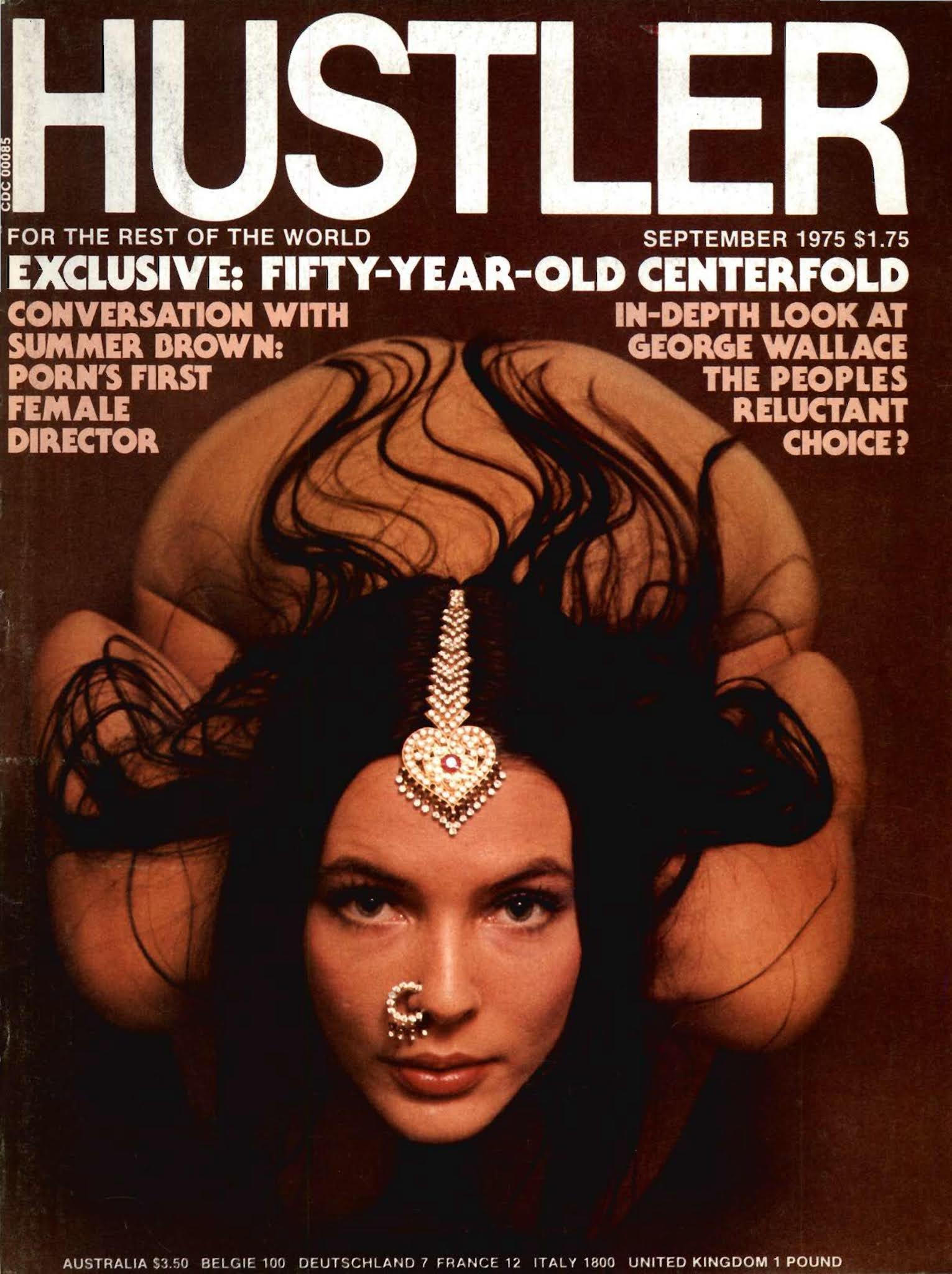


And what are all the crimes in the world compared with the ones carried out by those in gowns and vestments, robes and uniforms!. "There are few human beings who have not become criminals against their fellow humans - not directly, but rather indirectly, in that they tolerate and advocate laws such as this one (against all homosexuality) for example. But whoever cannot understand it as love, or will not, never understands it. In The Hustler he carefully and clear-headedly brings these two sides of his life together in passages like these, addressed to Hermann by a Wise Mentor (after the affair has ended with Gunther in a hideous reform school and Hermann sentenced to two months - two months!!! - in prison): Under his own name he wrote on Individualist Anarchism and the philosophy of Stirner. Mackay published Der Puppenjunge under a pseudonym, "Sagitta". In fact, it appears both more radical and more profound than most of our contemporary "Gay" ideologies. Hermann has already, at the beginning of the book, accepted himself without shame as a homosexual what he has not yet attained, but will begin to grasp by the end of the book, is the actual knack of love.Īlthough Mackay wrote at the dawn of the "Homosexual Liberation Movement", his political maturity is amazing The Hustler seems in no way "dated" in this sense. Mackay deals with it because it exists, because he experienced it - but he remains concerned with finding a way out of this bind rather than merely describing it. Hermann's sort of masochism masked as Idealism is a common trait amongst boy-lovers. Gunther for instance turns out (surprise!) actually to be a nice boy - and Hermann's lapses from his own self-imposed role make him likeably human as well. Mackay's realism extends so far that neither character seems merely stereotyped despite their predictable behaviour. (Incidentally despite ellipses, the book was still banned for obscenity.) Hermann meanwhile romanticizes Gunther to excess, first by failing even to realize the boy is a prostitute, then by trying to "save" him through the power of True Love. Even though Mackay has replaced all explicit sex scenes with (.)s he makes it clear that Gunther's technique is to lie back looking bored while his lover/customer sucks him off. Hermann falls in love with a 15-year-old hustler named Gunther, who represents the epitome of a "type": the indifferent and listless boy, achingly beautiful, thoughtless and not very bright, a narcissist and therefore utterly charming. The Hustler is in fact an anti-sentimental book. But the older Mackay, the Mackay who wrote the book, at times seems almost nauseated by his hero's naive romanticism. And Hermann is assuredly a younger version of Mackay himself (a former publisher's assistant). Mackay's hero - Hermann, a 20-odd year old publisher's assistant - is certainly a sentimentalist in the Goethean manner which no doubt lingers on in Germany even today. No doubt Mackay's involvement strikes Isherwood as "sentimentality" - but Isherwood is "cool" and "Modern" and thus almost incapable of telling the difference between sentimentality and sentiment. Perhaps it is a personal reaction, but I would go so far as to say that Mackay's version feels more authentic to me than even Isherwood's infinitely more famous Berlin stories, first because Mackay - despite his Scottish birth - was a true Berliner, while Isherwood-the-Camera was an outsider, and second because Mackay was able to deal with his own involvement on emotional and political levels which Isherwood deliberately avoided. It gives a picture of the Berlin sexual underworld early in this century which I know, from my own experience, to be authentic."

Cover of the 1st 1926 edition, privately printedĬhristopher Isherwood says of The Hustler, "I have always loved this book dearly - despite and even because of its occasional sentimental absurdities. Apparently nothing much ever changes in this particular corner of life: on the psychological level, Mackay's testimony would describe Baltimore or Manila in the 1970s with as much sharpness as Berlin in the 20s. A review of Der Puppenjunge : die Geschichte einer namenlosen Liebe aus der Friedrichstrasse by John Henry Mackay, Berlin, 1926, translated from the German by Hubert Kennedy as The Hustler: The Story of a Nameless Love from Friedrich Street, Boston, 1985.Īnyone who's ever been involved with boy prostitutes will instantly recognize John Henry Mackay's The Hustler (Der Puppenjunge) as nothing less than genuine realism - almost "Naturalism".


 0 kommentar(er)
0 kommentar(er)
